Aldiss, Brian - White Mars
VIP免费
2024-12-08
0
0
1.2MB
208 页
5.9玖币
侵权投诉
WHITE MARS
Or, The Mind Set Free A 21st-Century Utopia
BRIAN W. ALDISS
in collaboration with
ROGER PENROSE
Editorial Reviews
Amazon.com
White Mars is, as its title implies, Brian Aldiss's considered reply to the novels Red Mars,
Green Mars, and Blue Mars, in which Kim Stanley Robinson portrayed the terraforming
of our neighbor planet and the creation of a utopian society there. Aldiss disapproves of
the whole idea of meddling with another world in the first place, and, more genially, of
the melodrama surrounding the creation of Robinson's utopia. Where Robinson's
Martians get their chance after near-genocidal warfare on Mars and environmental
disaster on Earth, Aldiss's get theirs as the result of a corruption- and scandal-fuelled
recession in which supplies for the Martian colony are cut. This is, unusually for the
shrewd and sometimes cynical Aldiss, a novel with a hero--Tom Jeffreys, the Thomas
Jefferson of this Martian revolution:
His manner was less severe than well controlled. He showed great determination for
the cause in which he believed, yet softened it with humour, which sprang from an innate
modesty. He was not above self-mockery. In his speech he adopted the manner of a plain
man, yet what he said was often unexpected.
This is a very English, very urbane book, in which there is an awful lot of talk--about
utopia, about consciousness, about subatomic particles; Aldiss collaborated on parts of
the book with mathematician and physicist Roger Penrose. It is a wise book and a
knowledgeable one. --Roz Kaveney, Amazon.co.uk
From Publishers Weekly
Aldiss (Hothouse; the Helliconia Trilogy) is one of the most important SF writers of the
20th century and a noted mainstream novelist and literary critic as well, but this largely
unsuccessful excursion into utopian narrative is unlikely to win him many new admirers.
Written in collaboration with the distinguished physicist Sir Roger Penrose, with the
noted authority on international law Laurence Lustgarten bylined as "legal advisor," the
book is less a novel than a series of long-winded debates... read more
Customer Reviews
Avg. Customer Review:
charcters, November 25, 2001
Reviewer
:
i need some information about the main charcters for a project please send me some
information please.
Not the best Aldiss novel for me, November 2, 2001
Reviewer
:
For this novel, in fact, I think 3 stars is a bit generous, although 2 would be too harsh.
There are some interesting flashes, but too much of it is philosophising in a preachy sort
of way, and when science fiction takes its stand with Chimborazo it seems almost out of
place. Most of this novel seems to be set in a desert anywhere on the Earth - I had none of
the real alien feel that Mars should give, as so well done by Philip K Dick and C S Lewis
in radically different ways, even Ray Bradbury - and who can forget Samuel Delany's
'Triton' - these were real places to visit, really alien and challenging.
And then the people in 'White Mars' seem to be placed there in the ethnically
acceptable mix just as they were in 'Star Trek' - a pretty old scenario in present times. I
also wonder why so many utopian or alternative societies have to be built on deprived or
degraded environments. Even imagined societies I admired immensely, such as Ursula
LeGuin's anarchic society in 'The Dispossessed'. About the only way of avoiding the
difficulties of evolving a society from where we are today, seems to be by setting it vastly
in the future as in H G Wells's 'Time Machine' and W H Hudson's 'A Crystal Age.' To
me, I would be much more impressed to have a new social order develop under my nose
as I read about it, from the base of our current world and mix of societies.
I am also displeased in that an 'alien' influence seems to be required to 'help' people
develop their social skills. Humankind may not be the ideal society we would dream of,
but we have achieved enormously and I have confidence that we can keep pushing
forward, even through the dark times, into a new and better world and by our own
initiative.
In all, I was disappointed in this novel, partly because I have admired so much of Mr
Aldiss's earlier work.
White Mars, or How Flawed Beings Build Utopia, May 22, 2001
Reviewer
:
The discussion of how to build a better society is central to this book, and it is good.
Cut off from Earth by an economic disaster, several thousand Mars colonists are thrown
back on their own resources to sustain themselves. The focus is almost exclusively on the
Mars of the mind-what kind of society can be formed/should be formed in the isolation of
the Martian frontier? The characters endlessly discuss what it means to be human under
these conditions. What institutions are necessary, and which ones can be avoided? How
are we to raise children? How are we to conduct ourselves in a larger society? How are
we to cope with our variegated behaviors when freedom brings us into conflict with one
another? These questions and more are raised and raised again.
I don't agree with many of the answers White Mars seems to provide, and so I was
tempted to give the book three stars. For example, I don't agree that Mars should be set
aside as a scientific preserve. However, I believe the most important thing is that the
questions were asked and various opinions aired. White Mars is a valuable addition to the
debate on Mars and on how human beings interact with our society.
The science is really beside the point, which also tempted me to give White Mars three
stars. The discussion on physics and the quest for meaning at the sub-particle level is
half-developed and never really tied into the main story. There's also the discovery of
native life on Mars, which is more science fantasy than science fiction. The more
mundane science of maintaining a community of several thousand in total isolation on
Mars is completely ignored, which is also a disappointment. As an answer to Kim Stanley
Robinson's Mars trilogy, White Mars falls so short in this department that I can't even say
there was an effort at competition.
At its heart, however, White Mars is a discussion on values and humanity. All other
factors aside, this discussion makes the book worth reading and pondering.
white mars, April 15, 2000
Reviewer
:
In White Mars, the authors have written a nifty utopian tale for the technological age.
Although the series of events on earth that leads to the eventual isolation of the martian
colony struck me as highly improbable, I gave it little consideration as I was swept up in
the real drama: The creation of a new and better society--a "mature culture" leaving
behind the myths, preconceptions, and bigotries that plagues mid-twenty-first century
earth. I liked to see them attack problems such as a lack of water, crime, a threatening
over-population (curiously, artificial birth control is barely mentioned)with a kind of
cooperative rationality. And,of course, the appearance of a singularly unique alien. Even
though I'm particular when it comes to hard science fiction, I highly recommend this
book.
St. Martin's Press New York WHITE MARS. Copyright © 1999 by Brian W. Aldiss and Roger Penrose.
All rights reserved. Printed in the United States of America. No part of this book may be used or reproduced in
any manner whatsoever without written permission except in the case of brief quotations embodied in critical
articles or reviews. For information, address St. Martin's Press, 175 Fifth Avenue, New York, N.Y. 10010.
Library of Congress Cataloging-in-Publication Data
Aldiss, Brian Wilson.
White Mars, or, The mind set free : a 21st century Utopia / Brian W. Aldiss in collaboration with Roger
Penrose.—1st U.S. ed. p. cm.
ISBN 0-312-25473-3
1. Twenty-first century—Fiction. 2. Mars (Planet)—Fiction. 3. Utopias—Fiction. I. Title: Mind set free. II.
Penrose, Roger. III. Title.
PR6051.L3W47 2000
823'.914—dc21 99-462291
First published in Great Britain by Little, Brown and Company First U.S. Edition: April 2000
10 987654321
Dedicated to the Warden and Fellows
Of
Green College, Oxford
摘要:
展开>>
收起<<
WHITEMARSOr,TheMindSetFreeA21st-CenturyUtopiaBRIANW.ALDISSincollaborationwithROGERPENROSEEditorialReviewsAmazon.comWhiteMarsis,asitstitleimplies,BrianAldiss'sconsideredreplytothenovelsRedMars,GreenMars,andBlueMars,inwhichKimStanleyRobinsonportrayedtheterraformingofourneighborplanetandthecreationofau...
声明:本站为文档C2C交易模式,即用户上传的文档直接被用户下载,本站只是中间服务平台,本站所有文档下载所得的收益归上传人(含作者)所有。玖贝云文库仅提供信息存储空间,仅对用户上传内容的表现方式做保护处理,对上载内容本身不做任何修改或编辑。若文档所含内容侵犯了您的版权或隐私,请立即通知玖贝云文库,我们立即给予删除!
相关推荐
-
公司营销部领导述职述廉报告VIP免费

 2024-12-03 4
2024-12-03 4 -
100套述职述廉述法述学框架提纲VIP免费
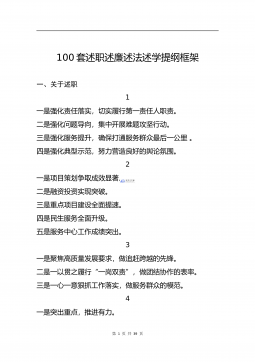
 2024-12-03 3
2024-12-03 3 -
20220106政府党组班子党史学习教育专题民主生活会“五个带头”对照检查材料VIP免费

 2024-12-03 3
2024-12-03 3 -
20220106县纪委监委领导班子党史学习教育专题民主生活会对照检查材料VIP免费
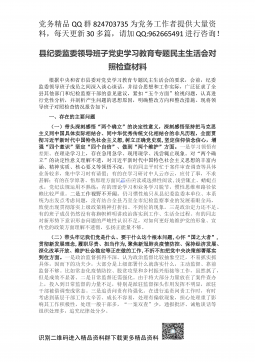
 2024-12-03 6
2024-12-03 6 -
A文秘笔杆子工作资料汇编手册(近70000字)VIP免费

 2024-12-03 3
2024-12-03 3 -
20220106县领导班子党史学习教育专题民主生活会对照检查材料VIP免费

 2024-12-03 4
2024-12-03 4 -
经济开发区党工委书记管委会主任述学述职述廉述法报告VIP免费
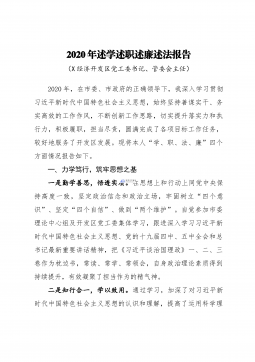
 2024-12-03 34
2024-12-03 34 -
20220106政府领导专题民主生活会五个方面对照检查材料VIP免费
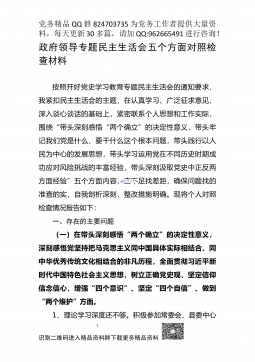
 2024-12-03 11
2024-12-03 11 -
派出所教导员述职述廉报告6篇VIP免费
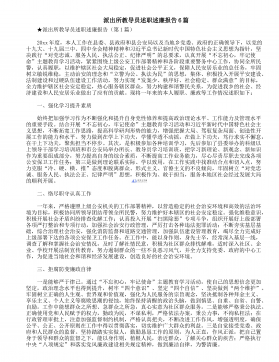
 2024-12-03 8
2024-12-03 8 -
民主生活会对县委班子及其成员批评意见清单VIP免费
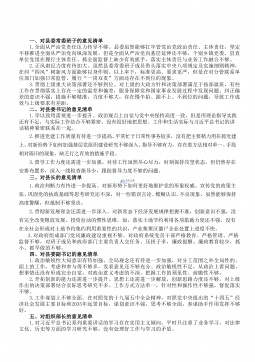
 2024-12-03 50
2024-12-03 50
分类:外语学习
价格:5.9玖币
属性:208 页
大小:1.2MB
格式:PDF
时间:2024-12-08





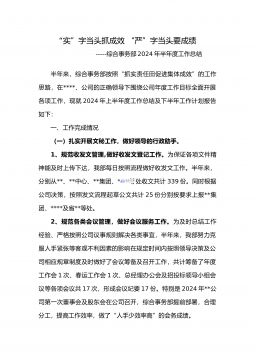
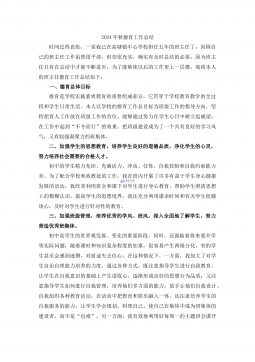
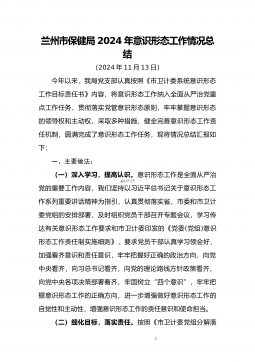

 渝公网安备50010702506394
渝公网安备50010702506394
